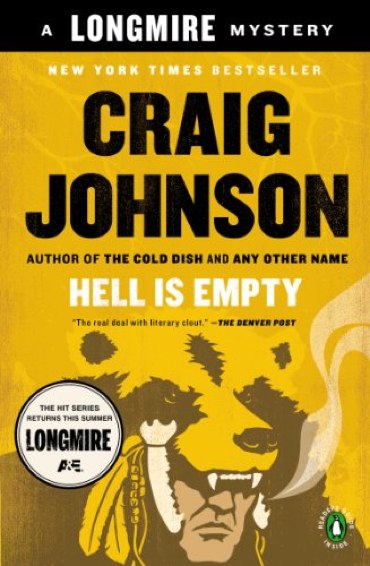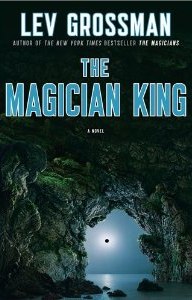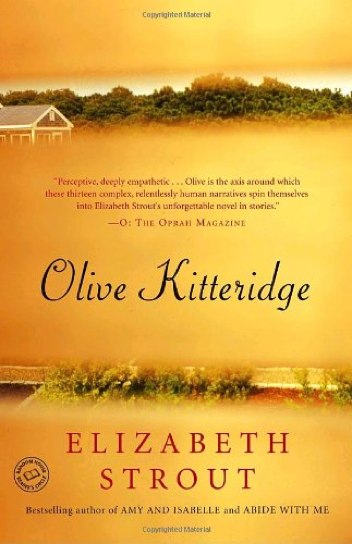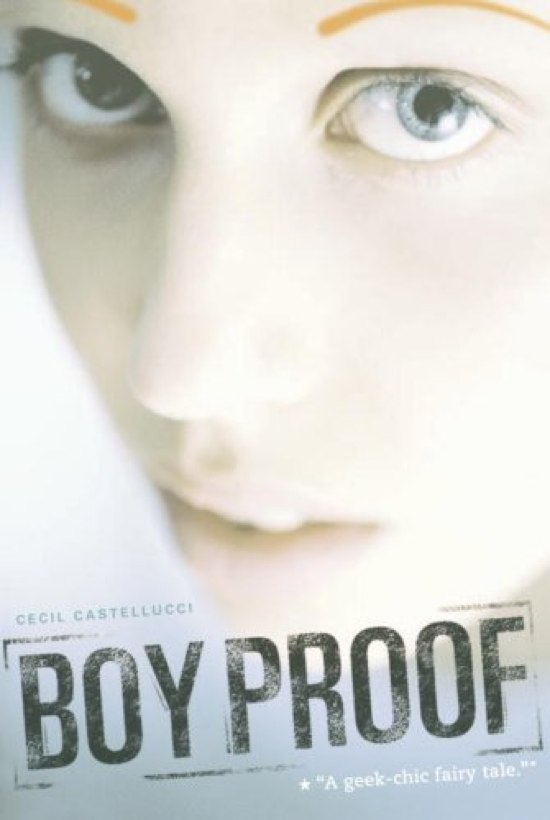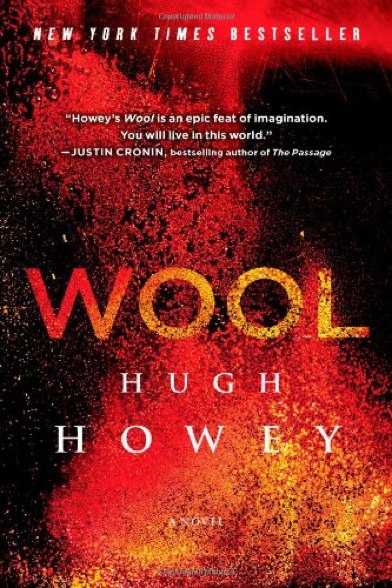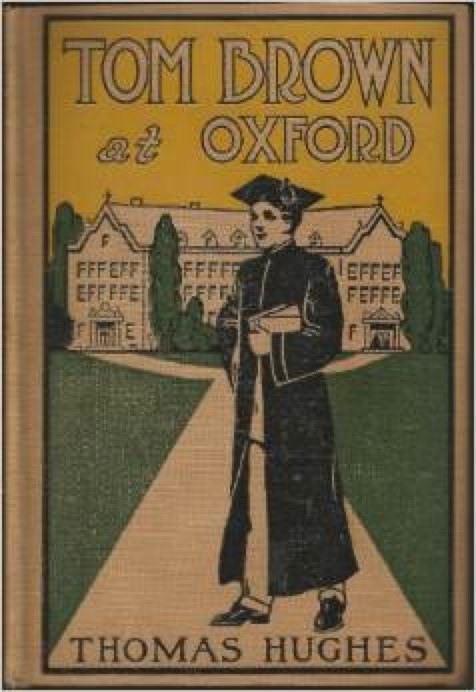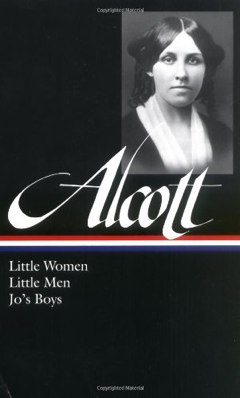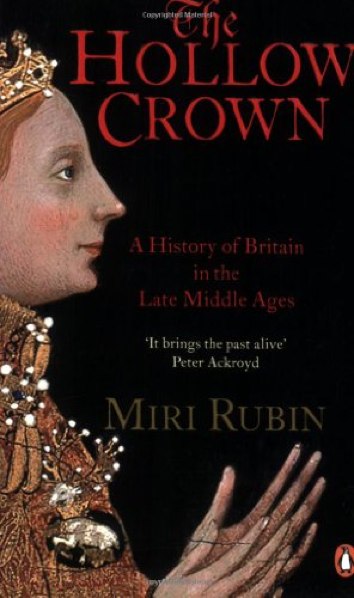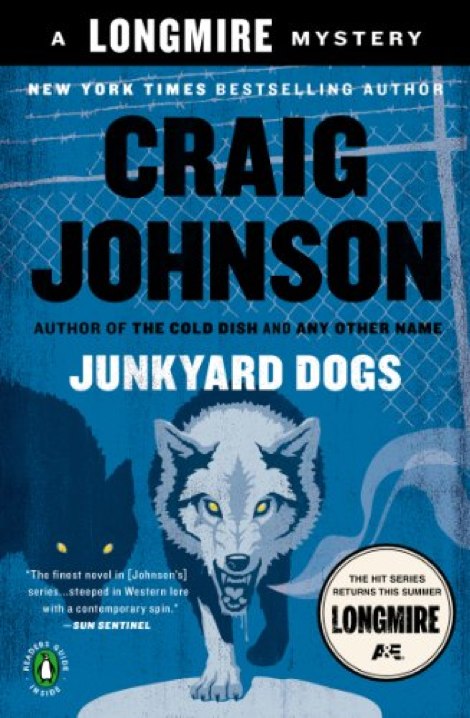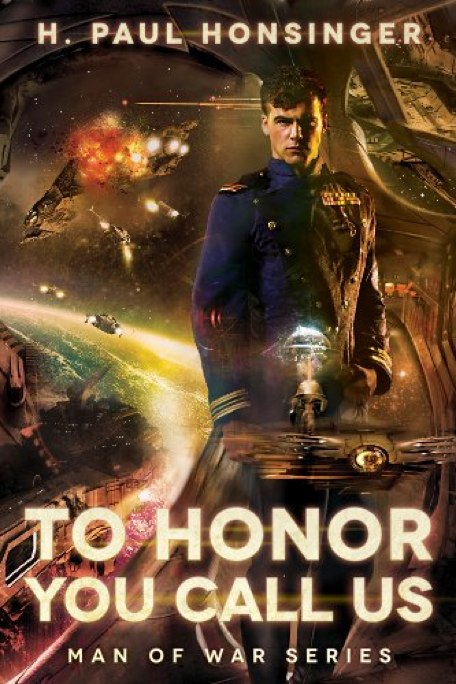Texas wants more propaganda and less criticism in the AP History curriculum. In connection with this, Brent Simmons emphasizes the value of knowing stuff.
To “de-emphasize memorization” sounds like a thing everybody can agree on — except that I suspect it really means “we’ve made it so you don’t have to know what actually happened, which makes it easier for you to do well on the test, which makes us look good.
Brent has a point, but context is everything. In this case, the context is The College Boards, and it’s important to remember why the SATs and the College Boards that administer them exist.
In the old days, you could go to Harvard (or Oxford) if you met two qualifications. You had to (a) be able to pay a substantial fee for tuition, and (b) you had to be recommended by well-connected people. In other words, you had to be rich and well born. (You also had to be a guy, of course.)
By the late 19th century, this was increasingly unsatisfactory. It was especially unsatisfactory in the US, which imagined itself to have rejected birthright aristocracy. But what chance did a farm kid from Kansas have to go to Harvard?
So, Harvard got funds for a bunch of scholarships open to kids who were not from New England — kids who couldn’t afford Harvard and whose parents did not get invited to the right parties in Boston and Concord and didn’t visit with the president. But that’s a lot of kids: how are you going to choose which kids?
OK: you need a test.
But what’s on the test? If the test tries to determine what facts you know, then everything depends on either (a) knowing a lot of facts, or (b) having connections who know what the important facts are, or (better yet) know what’s on the test. In the old days, that meant going to Andover or Exeter or Groton, which simply replicated the old network. Later, it meant getting coached by expensive test-prep tutors; that led to a weird situation where the Washington Post had once invested in a tutoring company and the tutoring company had become a much larger and more profitable business than the leading newspaper of the capitol.
And the more the tests depend on facts, the more vulnerable they are to corruption. Worse, the potential for corruption is so obvious that there doesn’t really need to be any corruption at all before people generally believe that it’s hopelessly corrupt. The stakes are high, both emotionally and financially: we’re talking about scholarships that amount to six figures, plus the difference between going to an Ivy and going to a non-selective school.
Then again, it’s a big country. Which facts should kids know? My wife learned about the Lenapes in New Jersey, here in Boston you might learn about Wampanoags. I In Gallup, you could study the Lenape and the Wampanoags, but then again you’ve got classmates who speak Navaho or Tewa at home and you don’t know any Lenape and there’s only one little girl on the planet who is a native Wampanoag speaker and she doesn’t live in Gallup. So, either you test on concepts, or you can’t really test on anything concerning Native Americans, which tells all the kids that Native Americans don’t count: if they were important, they’d be on the exam.
This goes for all sorts of things. Over on Facebook, I've been discussing Progressive Massachusetts with a local politician. I know that the Progressives start with Teddy Roosevelt, Bob La Follette, and Gifford Pinchot. He knows with the exact same assurance that they start with Emma Goldman, Margaret Sanger, and Benito Mussolini. I know that core Progressive causes were the right to form unions, pure food and drugs, safe workplaces, and abolition of child labor. He knows that core Progressive causes were eugenics and confiscatory taxation. The field of History has tools for resolving this, but those tools are hard to squeeze into a short multiple-choice exam. Further, we’re not hiring historians with the AP exam, we’re looking for promising students, and a capable defense of a difficult position is certainly a promising sign.
I’m very skeptical of these tests, though I haven’t looked at one in decades. Lately, they've also been adopted as a cudgel with which to beat teachers. But before we dismiss them completely, it’s good to remember why we started them in the first place.
